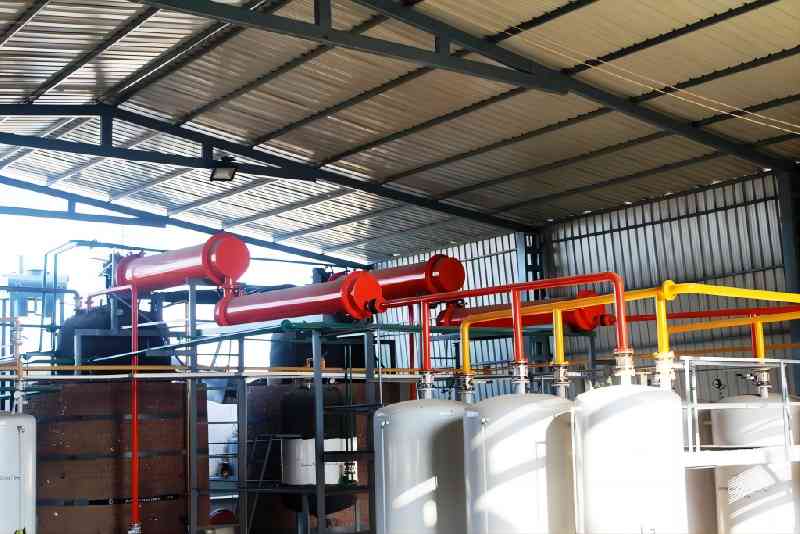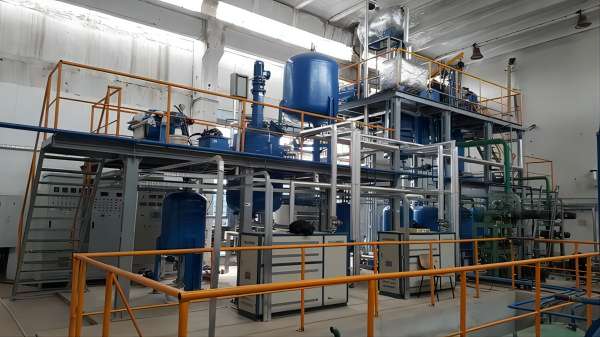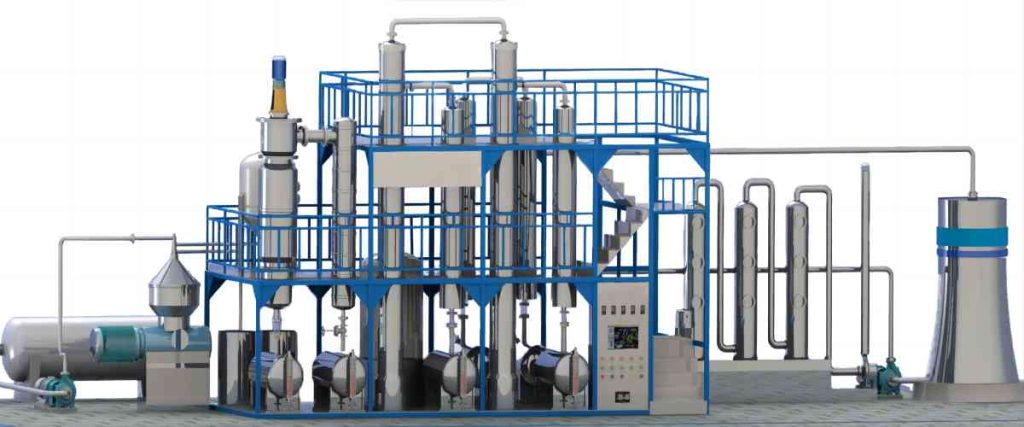Turning Waste Lube Oil into a Sustainable Resource: The Power of Recycling
In the realm of environmental sustainability, the responsible management of waste materials holds paramount importance. One such significant challenge is the disposal of waste lube oil, a hazardous substance that can wreak havoc on ecosystems and human health if not properly managed. The good news is that innovative methods of waste lube oil recycling have emerged as a beacon of hope, offering not only an eco-friendly alternative to disposal but also an array of benefits for the environment, the economy, and society at large. This article delves into the various types of waste lube oil, explores different recycling methods, and discusses the numerous advantages associated with recycling this once-harmful substance.

What are the Different Types of Waste Lube Oil?
Waste lube oil is a broad term that encompasses various types of used lubricating oils generated from engines, industrial machinery, and other mechanical systems. This oil becomes contaminated with impurities, additives, and particulate matter as it performs its intended function of reducing friction, heat, and wear. As a result, it transforms into a hazardous waste that poses risks to both human health and the environment.
Among the most common types of waste lube oil are mineral-based oils, synthetic oils, and biodegradable oils. Mineral-based oils are derived from crude oil and are used extensively in automotive and industrial applications. Synthetic oils, on the other hand, are artificially produced and offer improved performance characteristics. Biodegradable oils, a relatively newer entrant, are designed to break down naturally, reducing their environmental impact. Each type of waste lube oil presents unique challenges in recycling due to variations in chemical composition and contaminants.
What are the Different Methods of Waste Lube Oil Recycling?
In response to the growing concern over the environmental impact of waste lube oil, several methods of recycling have emerged. These methods range from simple filtration and reconditioning processes to more complex methods involving distillation and re-refining.
- Filtration and Reconditioning: Basic filtration techniques involve the removal of larger particles and contaminants from the waste lube oil. This method is cost-effective and relatively simple, but it may not be sufficient for oils heavily contaminated with additives and chemicals. Reconditioning, a step beyond filtration, involves adding chemical additives to restore some of the oil’s original properties. While this approach can extend the life of the oil, it may not eliminate all impurities.
- Distillation: Distillation is a more advanced method that involves heating the waste lube oil to separate its components based on their boiling points. This process allows for the recovery of base oil, which can be used as a raw material in manufacturing new lubricating oils. However, distillation requires specialized equipment and expertise, making it a more expensive option.
- Re-Refining: Re-refining is considered one of the most effective methods of waste lube oil recycling. This process involves removing contaminants and additives from the used oil through multiple refining stages. The end product is a high-quality base oil that can be used in various applications, including the production of new lubricating oils. Re-refining significantly reduces the environmental impact of waste lube oil by minimizing the need for crude oil extraction.

What are the Benefits of Recycling Waste Lube Oil?
The benefits of recycling waste lube oil are multifaceted, with far-reaching positive implications for both the environment and the economy.
- Environmental Conservation: Recycling waste lube oil reduces the need for new oil production, which in turn conserves natural resources and minimizes the environmental impact of oil drilling and extraction. Proper disposal and recycling prevent the contamination of soil, water bodies, and groundwater, preventing harmful effects on ecosystems and human health.
- Energy Savings: The energy required to produce new lubricating oil from crude oil is significantly higher than the energy needed to re-refine waste lube oil. Recycling reduces energy consumption and associated greenhouse gas emissions, contributing to efforts to combat climate change.
- Economic Growth: The waste lube oil recycling industry generates employment opportunities and stimulates economic growth. The re-refined base oil can be sold to lubricant manufacturers at a lower cost than new base oil, making it an attractive option for businesses seeking to reduce expenses.
- Regulatory Compliance: Many countries have stringent regulations governing the disposal of waste lube oil. Recycling waste oil ensures compliance with these regulations and helps organizations avoid potential fines and legal complications.

Summary
Recycling waste lube oil is a good way to reduce pollution, conserve resources, create jobs, and generate revenue. There are many different methods of recycling waste lube oil, each with its own advantages and disadvantages. The best method for a particular situation will depend on a number of factors, such as the type of oil, the amount of oil, and the local regulations.







